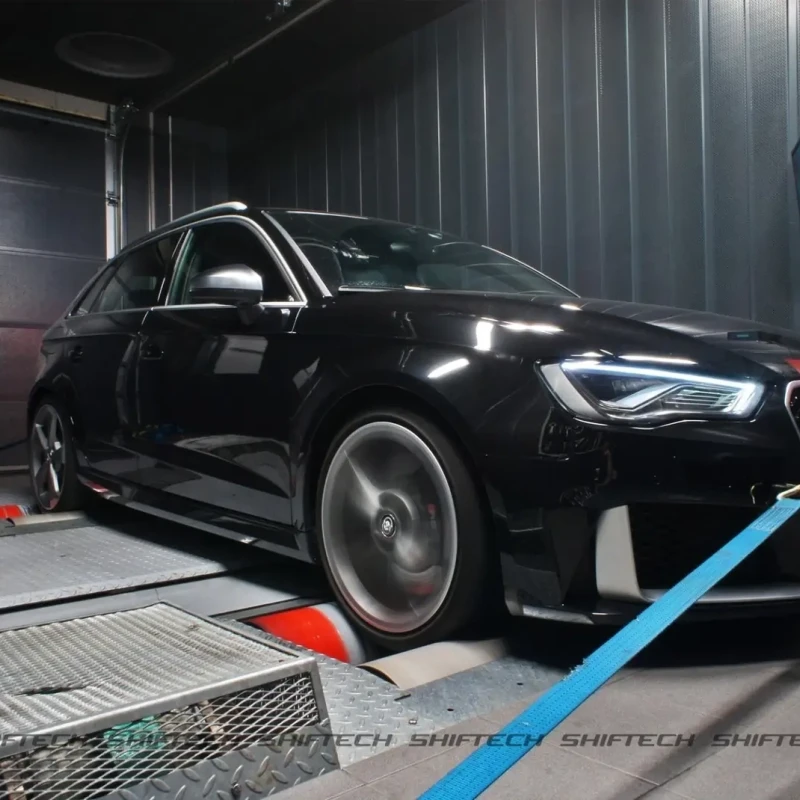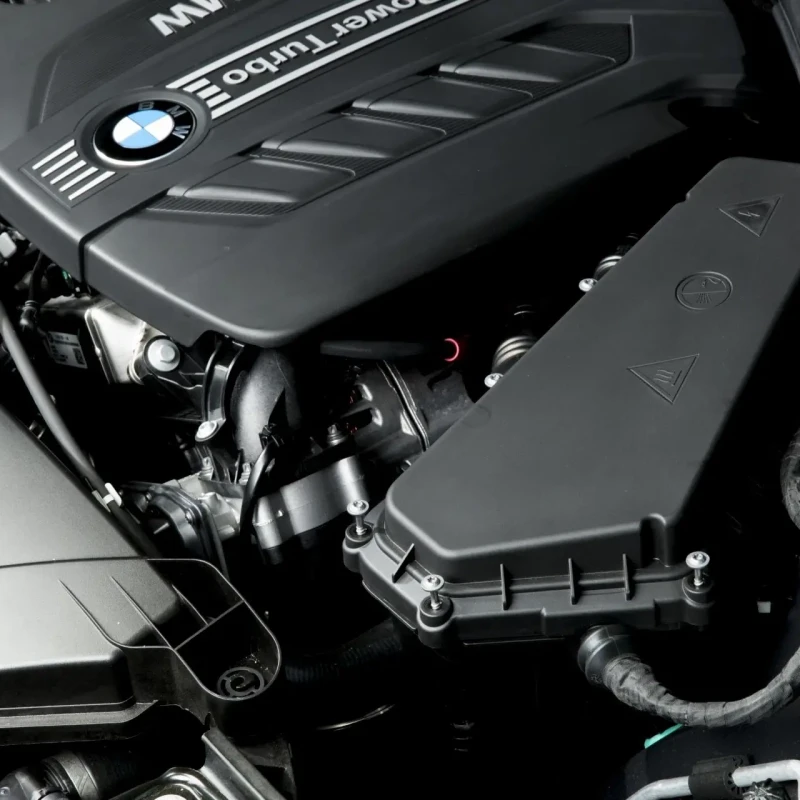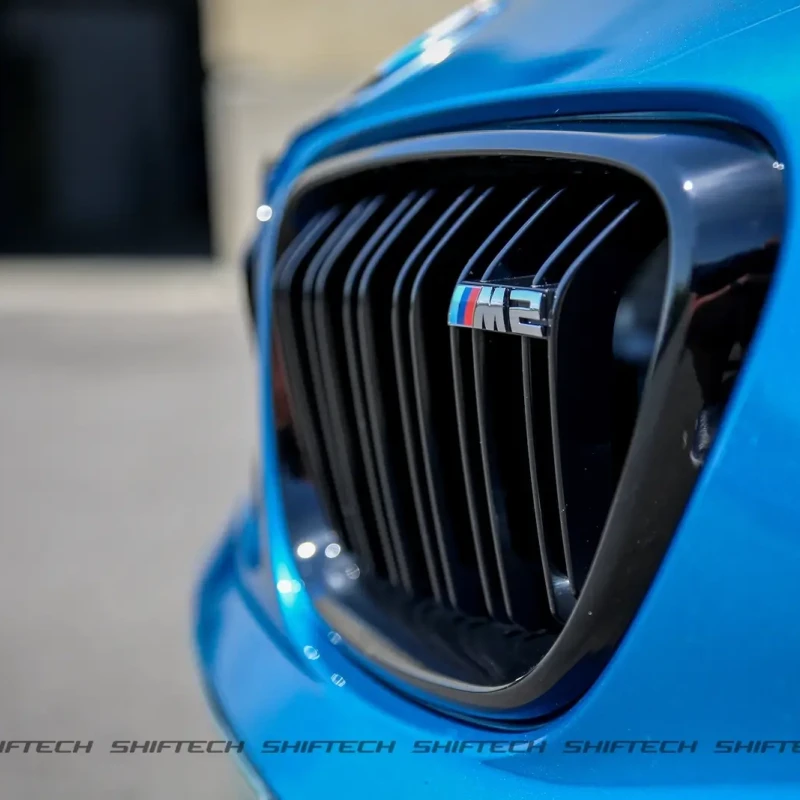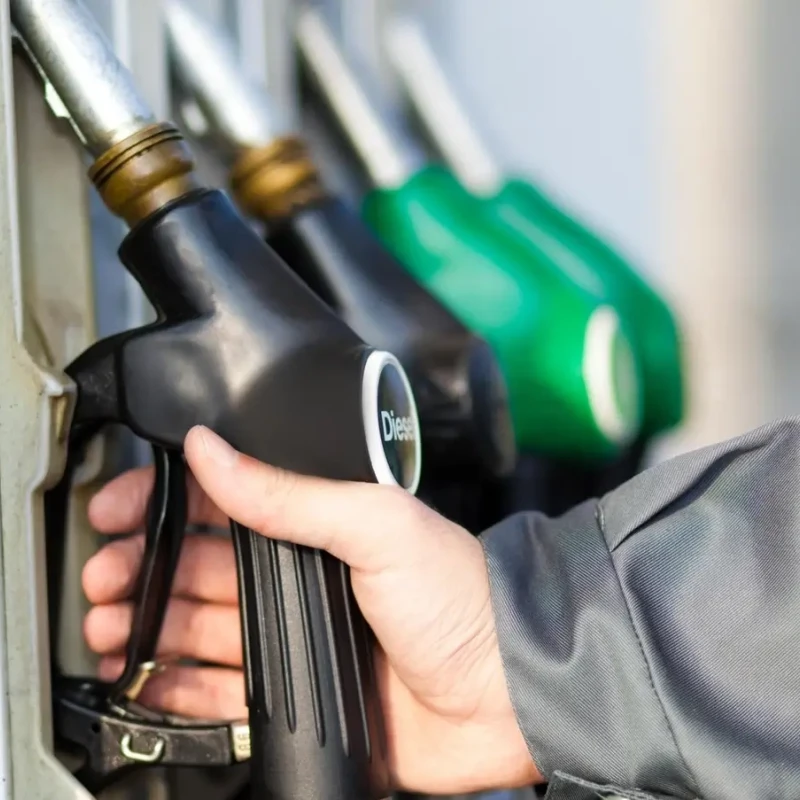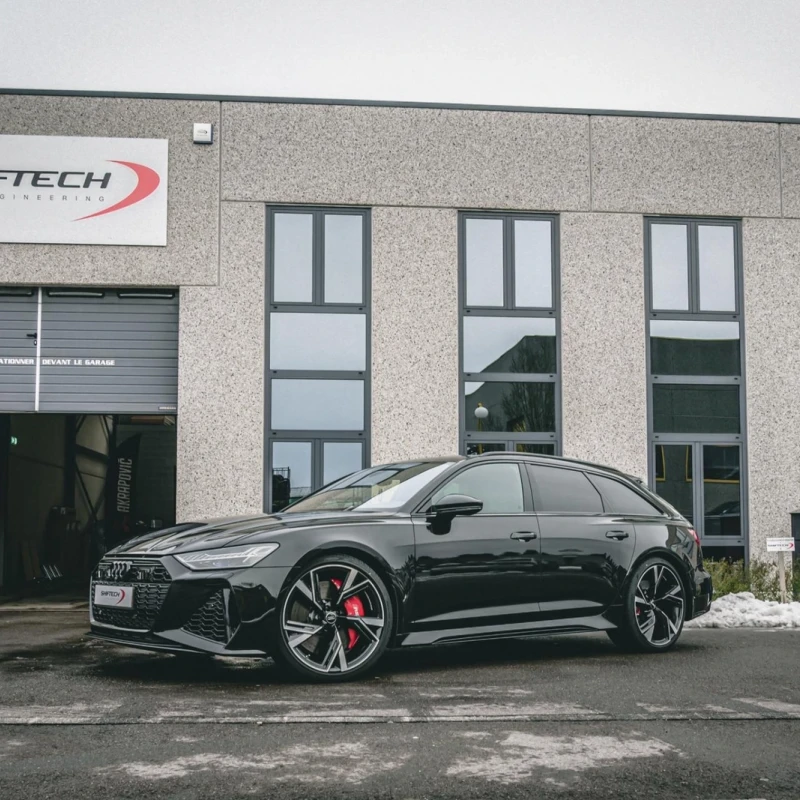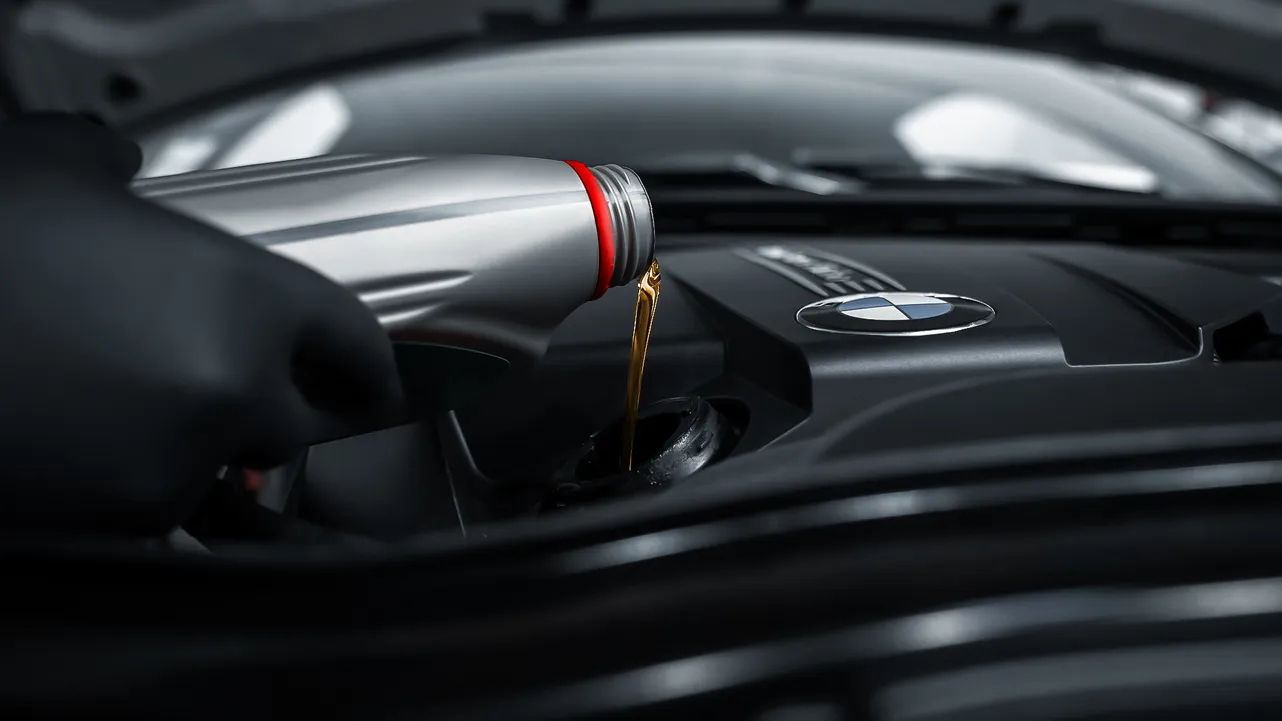
Engine oil
Choosing your oil is always a tricky business. with so many brands to choose from, you don't always know what to select. But when your vehicle needs it, you need to make the right decision.
Introduction
As you already know, an engine needs oil to function properly. Oil lubricates, cools and protects the engine's various components.
This oil is made up mainly of base oil, i.e. oil of mineral origin (refined from crude oil) and synthetic origin (produced chemically).
There are mineral, synthetic and semi-synthetic oils on the market. The latter two are oils with additives that compensate for a lack of either protection or lubrication. They are becoming increasingly widespread and are even compulsory for some manufacturers.
Viscosity?
If there's one important parameter to consider when choosing an oil, it's the viscosity index.
Viscosity is the resistance of a fluid to sliding from one layer to another. This parameter is important because it changes according to engine type, vehicle use and climate.
Oil viscosity is categorised into two grades: cold and hot.
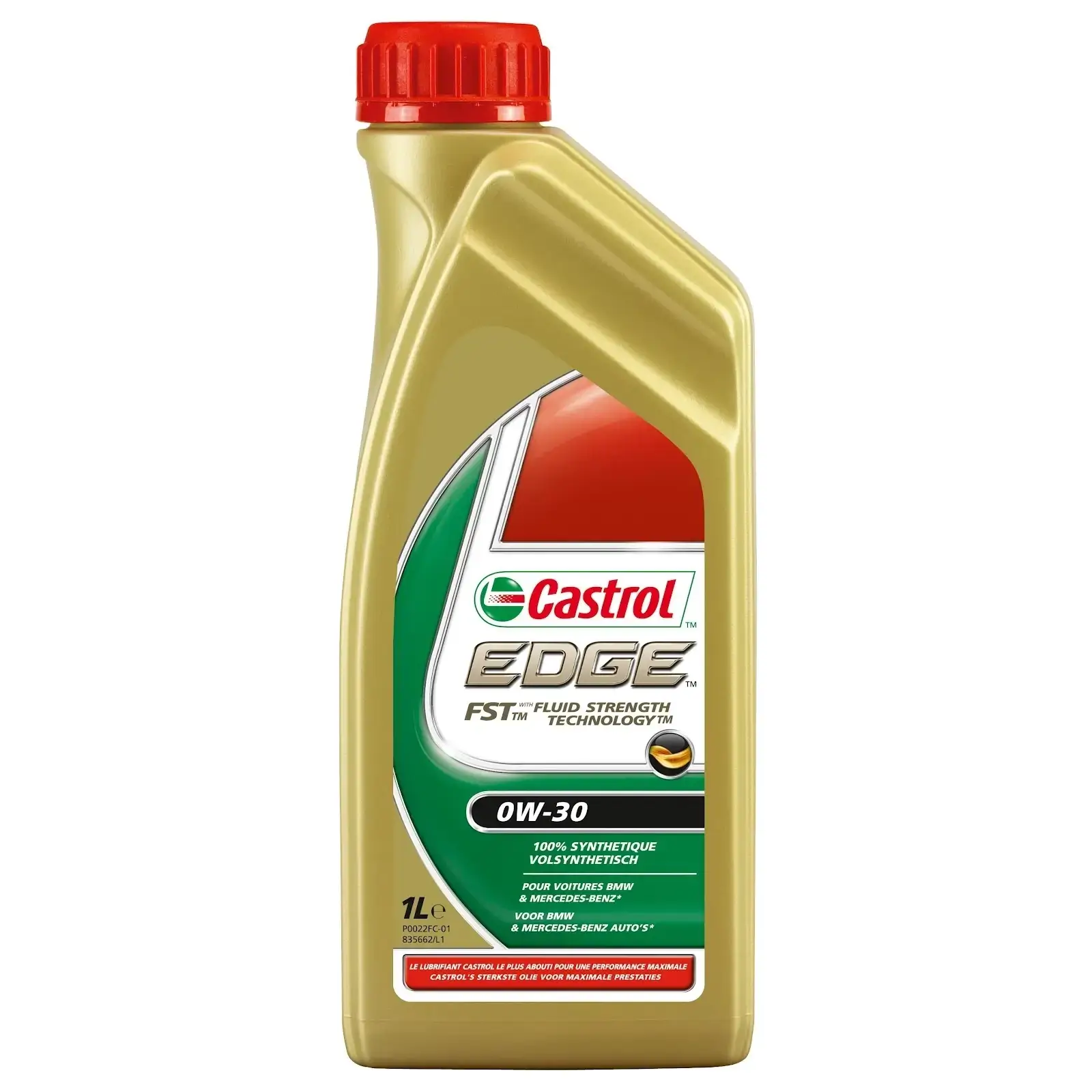
The cold grade is located before the W, the W standing for Winter. the warm grade is located after the W.
The smaller the number in front of the W, the more fluid the oil is when cold, allowing the oil pump to prime and reach all the points to be lubricated. for example, 0W allows dynamic viscosity at around -30°c, 5W at -25°c, 10W at -20°c and so on.
For the pump priming limit, subtract a further 10°c (e.g. 0W = -40°c)
The number after the W indicates the kinematic viscosity after 100°c. The higher the number, the thicker the oil film will be when hot. a thicker film helps to protect and seal, while a smaller number helps to save fuel by reducing friction when hot.
Oil quality?
While viscosity is important, so is oil quality. as we have already mentioned, there are mineral, semi-synthetic and synthetic oils on the market. they are classified by engine type, but also by performance (according to certain criteria).
To help us, the ACEA (Association des Constructeurs Européens d'Automobiles) has classified them into different categories, for example: ACEA A3, ACEA B4, ACEA C3.
Engines are identified by the letter A, B or C. A for petrol engines, B for diesel engines and C for diesel engines fitted with particulate and NOX filters.
The number following the letter indicates the quality, from 1 to 5. the higher the number, the more stringent the requirements.
However, manufacturers are not always satisfied with these standards, and they also set their own quality standards. if you use an oil other than that recommended by the manufacturer, you could lose your warranty. here is a short list of examples for two manufacturers (VAG and BMW):
VAG
- Petrol: VW 504.00
- Diesel / FAP common rail: VW 507.00
- Diesel / FAP with pump injectors: VW 505.01
- Diesel / FAP R5 and V10 engines : VW 506.01
BMW
- Petrol: BMW Long Life 98 (for engines released after 1998)
- Diesel: BMW Long Life 01 (for engines launched after 2001)
- Diesel FAP / Recent petrols : BMW Long Life 04
Why is it necessary to use a specific oil for vehicles with DPFS (particulate filters)?
It is impossible to prevent a minute dispersion of the oil during combustion, which is why a certain quantity still passes through the exhaust. conventional oils can contain metal particles that can clog the particle filter. newer oils with additives can create sulphated ash (phosphorus and sulphur) when the engine oil burns.
The richer the oils are in additives, the richer they are in sulphated ash, which is responsible for accelerated deterioration of the particulate filter. however, additives are necessary to have 'long-life' oils, which means a longer draining time. contradiction you might ask? well, not quite. by using quality additives, it is possible to obtain oils that are both low in sulphated ash and protective of the DPFS; these are known as LOW-SAPS (Low sulphated ash, phosphorous and sulphur) oils. these oils are often much more expensive than traditional oils due to the use of high-performance additives.
So which one should you choose?
With all this information in mind, you still haven't made your choice.
The first thing to do, particularly on a recent vehicle, is to open the bonnet to check the oil recommended by the manufacturer. You'll find a plate near the engine indicating the oil intended for the engine. if you can't find it, choose an oil with a correct cold temperature index of between 0W and 5W. if you have a direct injection engine (whether diesel or petrol), it's a safe bet that the manufacturer recommends a fully synthetic longlife oil with an index of 30. finally, if you're still in the dark, choose the most expensive oil. This should certainly be a synthetic oil with all the certifications of the various manufacturers.
A few precautions
Now that you have your oil, here are a few recommendations to eliminate any risk of misuse:
-
Let your engine run for a few seconds before switching it off. Turning the engine off directly prevents lubrication of the turbo, which rotates at several tens of revolutions per minute.
-
Check your oil level regularly, always when cold and on level ground. This check is all the more necessary when using long-life oil. Be careful, however, as using too little or too much oil can damage your engine.
-
Different oils should never be used at the same time. This could damage your engine. As a general rule, always use the oils recommended by the manufacturer.
- Keep to the maintenance schedule! Combined with a quality oil, they will be the key to the longevity of your engine!
Learn more
View articles
Similar

